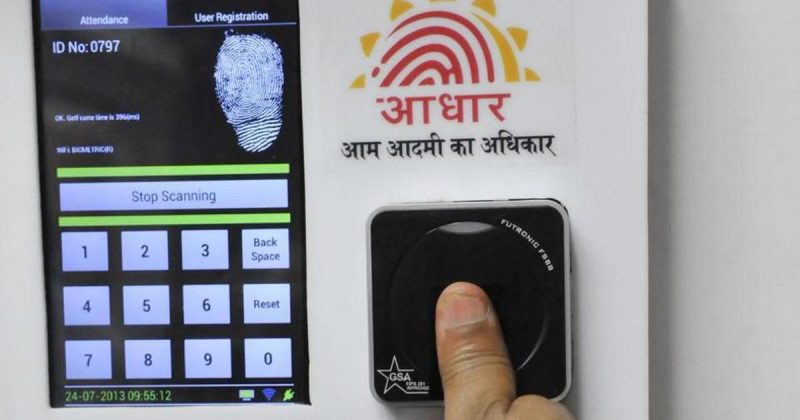
Aadhaar Database Cannot Be Used In Crime Investigations, Says UIDAI
The Unique Identification Authority of India (UIDAI) has informed the Delhi High Court that the Aadhaar biometric database cannot be used for criminal investigations. UIDAI pointed out that utilising the data for any other purpose rather than unique ID number generation and authentication is against the Aadhaar Act, 2016.

UIDAI Replied To HC
While informing about the Aadhaar Act, 2016, UIDAI was replying to the query of HC when asked to coordinate in the criminal case of 2018 in which a tragic event of robbery and murder at a jewellery shop took place. HC wanted to match the fingerprints found at the crime scene with the biometric database of UIDAI.
UIDAI replies that it does record any type of biometric information that can be used for crime investigations by any agency, and also said that the use of a biometric database for any matching purposes of any accused is not technologically attainable.
“The technological architecture of UIDAI or its mandate for Aadhaar-based authentication does not allow for any instance of 1: N matching where fingerprints, including latent and chance fingerprints, are matched against the other fingerprints in the UIDAI database, except for the generation of Aadhaar number where the biometric information has been collected in accordance with the technically laid down procedure.” reply said.
Also read:
UIDAI Explains: How To Know If An Aadhaar Card Is Genuine Or Not?
Further stated that “…it was held that no core biometric information which includes thumb impressions can be directed to be shared with anyone whatsoever or used for any purpose other than that permitted in the Aadhaar Act.”
“in absence of the 12 digit number, it is technically not feasible to provide the photograph of the unknown accused as sought through this petition”
“The biometrics information is used for de-duplication of residents and to ensure uniqueness of Aadhaar numbers.”



